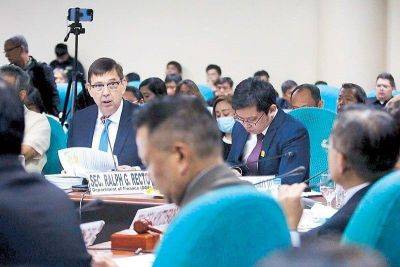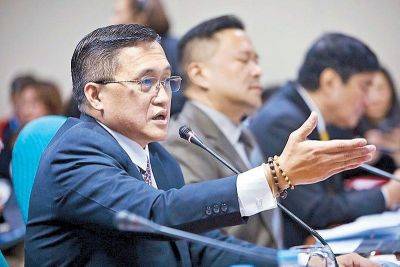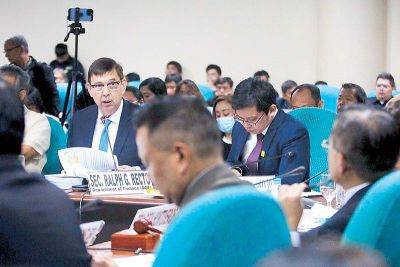DOF defends utilization of PhilHealth P89.9 billion funds
MANILA, Philippines — Utilizing excess funds of state-run corporations is a more prudent fiscal option for the government than borrowing, the Department of Finance (DOF) said in defense of its move to ask agencies to remit unused subsidies.
Health advocates and budget watchdogs are pushing for a probe of the DOF’s directive to the Philippine Health Insurance Corp. (PhilHealth) to remit unused subsidies worth P89.9 billion to the Bureau of the Treasury.
In a statement, Finance Secretary Ralph Recto said the government cannot afford to let government-owned and controlled corporations (GOCCs) have excess money and just keep it idle, as such funds could be used instead for public investment.
“Hibernating funds can help the nation without harming government corporations. This way, the government does not have to inflict additional taxes, increase our debt and put pressure on our deficit,” Recto said.
Recto argued that such a move will not affect the viability of PhilHealth or impair its delivery of services.
Even with the remittance contribution, Recto said PhilHealth is left with a P500-billion benefit chest, which can fund multiple-year claims.
“Remittances to fund urgent national projects do not come from their member contributions but from a fraction of billions in unutilized national government subsidies,” Recto said.
Based on the DOF circular, guidelines have been issued to implement the collection of unprogrammed appropriations which are sourced from balances of GOCCs.
Unprogrammed appropriations provide standby authority to incur additional agency obligations for priority programs or projects when revenue collection exceeds targets or when additional grants or foreign funds are generated.
The DOF maintained that the move complies with all laws, specifically the General Appropriations Act of 2024, which imposed appropriations in excess of what the executive branch had originally proposed.
In the case of PhilHealth, Recto said unused government subsidies are not part of its reserve funds, nor can be considered income that is being restricted by the Universal Health Care Act to be used by the national government as a general fund.
He noted that this was made in







